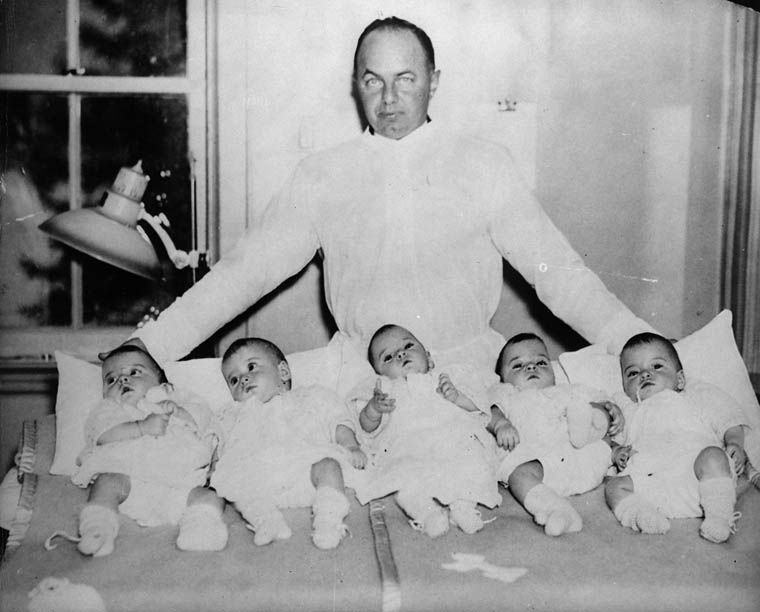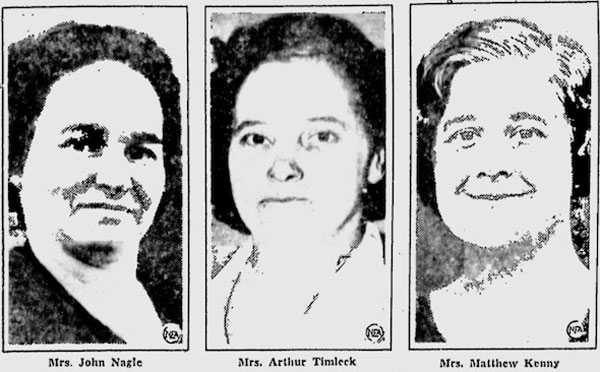Alfrida. My father called her Freddie.
Alice Munro's Family Furnishings
Alex
Joe
Patricia
Nico
Martinez
Sweeney
Andersen
Jan
Alice Munro
- Female Canadian writer born in Wingham, Ontario in 1931
- three-time winner of Canada's Governor General Award
- First Canadian and 13th woman to receive the Nobel Prize in Literature
Personal Life
- 1950: published first story while studying at UWO
- left school two years later to marry
- opened Munro Books
- 1972: divorced and moved back to Ontario
- received honorary LLD from UWO
Writing
- non-linear quality
- "human complexities in an uncomplicated prose style"
- develops female characters
- "everyman"
- confronts family customs and traditions
Family Furnishings
- Alfrida: first cousin of the narrator's father
- Father and Mother of the narrator
- Father: later remarried to stepmother of narrator
- Grandma of narrator: mother of narrator's father; raised Alfrida
- Bill: Alfrida's lover
- Woman at the end of the story: Alfrida's biological daughter
Main Characters
What is Inherited?

as a Canadian citizen

of a patriarchal society
Narrator's Inheritance of Societal and Familial Norms
- positions in society: Alfrida's vs. the inherited belief of the narrator
- influence of Alfrida:
- narrator's negotiation of acceptable marriage and personal choices
- narrator's identity of a writer
Inherited Furnishings: Alfrida
- Alfrida's relationship with Mother
- Alfrida's daughter
- inheritance of the caretaker role
Valverde: Inheritance of Patriarchal Governance
Ontario Premier Mitchell Hepburn with the Dionne Quintuplets


three of the winners of the Toronto Stork Derby
Michael Bliss
-
describes books that were early forms of sex education
-
attempted to contain non-normative sexualities
-
however, sex manuals also brought sexuality into being
-
sexuality is something that children also engage in:
- Freud’s notion of polymorphous perversity
Alice Munro
-
the narrator, at age 15 or 16, smoked a cigarette that Alfrida offered her
-
“They (the narrator’s parents) pretended that it was a great joke”
-
“Ordinarily [her] mother would say that she did not like to see a woman smoke”
- Freud: cigarette considered a phallic symbol
-
Alfrida
- Names: Freddie, Alfrida, Flora Simpson (Horse Henry & Alfrida)
-
Appearance: at narrator’s home
- back bare, lipstick, flat chest
- Teeth: different colours, unique
Having guests over...
-
Family (aunts, husbands, etc.): conventional
-
at the table: conversation food related
-
after dinner: division of public and private spheres
-
women: inside home, gossip, clean
-
men: outside home (on the porch), money investments and work
-
-
Having only Alfrida over...
-
conversation at the table:
-
food (secondary, agreeable thing)
-
talk about public sphere (politics, humour, express opinions)
-
-
conversation with narrator in kitchen:
- “she mentioned queers, man-made bosoms, household triangles”
Sex and the Family
But it's my parents' stuff. It's family furnishings, and I couldn't let them go.
Family Furnishings
Sex and the Family
But the biggest difference was that she had gotten false teeth, of a uniform color, slightly overfilling her mouth and giving an anxious edge to her old expression of slapdash eagerness.
Aftereffects
Sex and the Nation
My parents would have been united in this. My mother had a horror of irregular sex or flaunted sex—of any sex, you might say, for the proper married kind was not acknowledged at all—and my father too judged these matters strictly at the time in his life.
Family Values
Sex and the Nation
It was kept one hundred percent secret that she had me.
Taboo Behaviour
Alfrida and the Narrator
I began to feel happy. Such happiness, to be alone.
Questions and Comments?
Discussion
One day, they were out in the fields of stubble playing with my father's dog, whose name was Mack. That day the sun shone, but did not melt the ice in the furrows. They stomped on the ice and enjoyed its crackle underfoot.
You know Alfrida told me that your dad and her were walking home from school one day, this was in high school. They couldn't walk all the way together because, you know, in those days, a boy and a girl, they would just get teased something terrible.
Do you think that there is significance in Alice Munro writing Alfrida as not growing up with a mother? Could there be a correlation with not growing up with her biological mother and her non-conformity?
What is the purpose of Alfrida?
She said you were smart, but you weren't ever quite as smart as you thought you were.
This was what I wanted, this was what I thoug'ht I had to pay attention to, this was how I wanted my life to be.